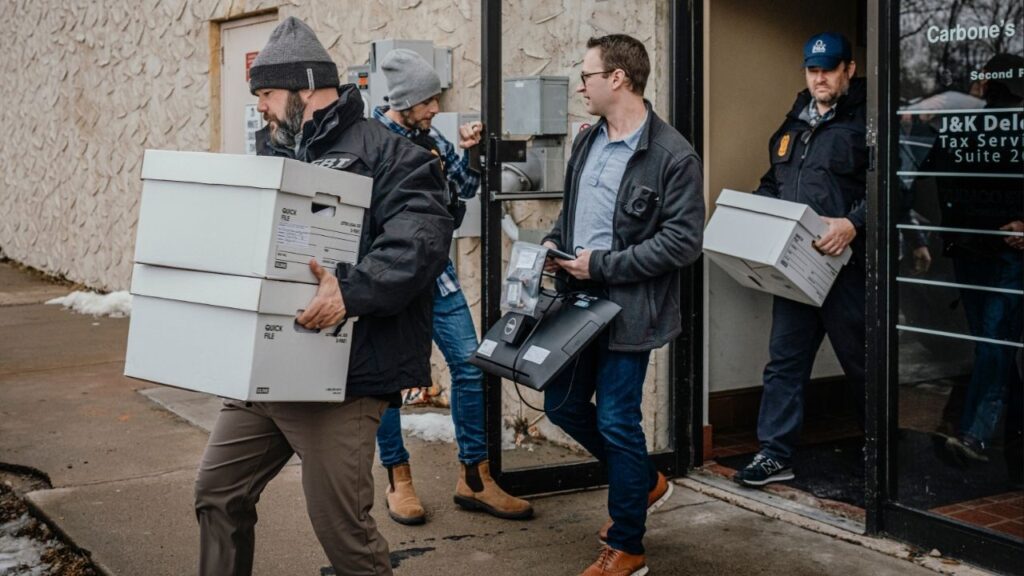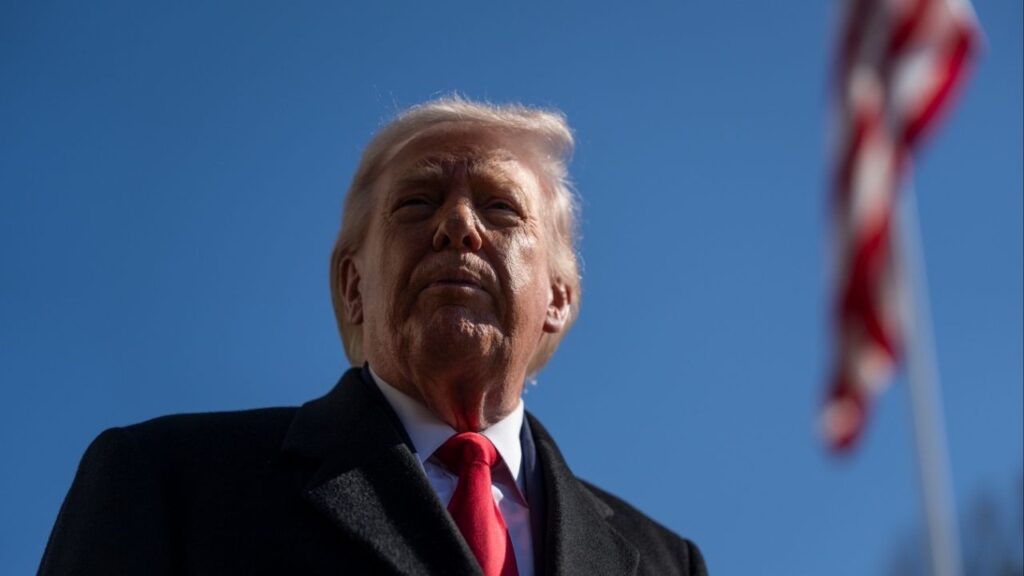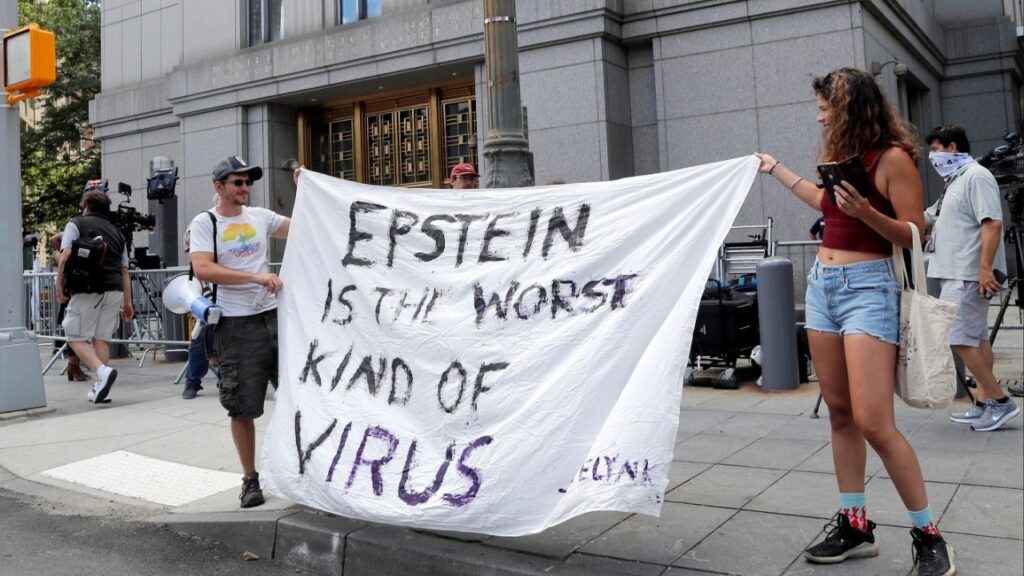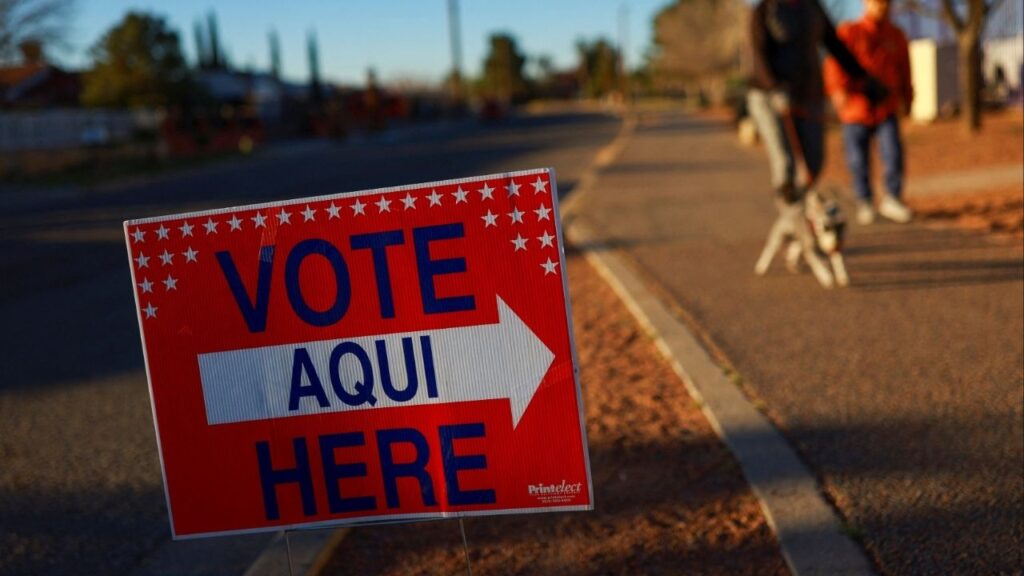Share
The final pages of the 2020-21 budget that Gov. Gavin Newsom proposed this month contain arguably its most important factor — an utter dependence on taxing a relative handful of high-income Californians.
Personal income taxes, the budget projects, will generate $102.8 billion during the fiscal year that will begin on July 1, or slightly over two-thirds of general fund revenues, and 47% will come from the top 1% of California’s taxpayers who file about 15,000 tax returns in a state of 40 million people.

Dan Walters
Opinion
It wasn’t always so. A chart in the budget reveals that 70 years ago, in 1950, personal income taxes accounted for just 11.3% of the state’s general fund revenues, with sales taxes the biggest source at 59.4%. Nine years ago, personal income taxes were scarcely half of the state’s revenue stream.
What happened?
A strong recovery from the Great Recession and a rising stock market, compounded by a voter-approved increase in income tax rates on the most affluent Californians, increased dependence on them.
So what’s the problem with that?
It’s Called ‘Volatility’ and It Means the State Budget Could Get Clobbered
The rich can take care of themselves but being so dependent on so few people is dangerous from a fiscal standpoint, particularly since their incomes largely stem from investment earnings, such as those from the stock market, which can go up and down like an elevator.
It’s called “volatility” and it means that were another recession to hit, California’s budget would be clobbered, with projected revenue drops of about $25 billion a year. The state’s “rainy day fund” would cover only a fraction of that decline.
There’s another aspect to being so dependent on the rich to finance services that mainly serve middle- and low-income Californians. Wealthy taxpayers could — and some already have — simply move to another state and take their income-generating investments with them.
The potential for such an exodus increased a couple of years ago when a Republican-dominated Congress passed, and President Donald Trump signed, a federal tax overhaul that, among other things, capped the deductibility of state and local taxes at $10,000.
It increased the net impact of state and local taxes on high-income taxpayers, thus creating another reason to flee high-taxing states such as California for states that levy low or no income taxes, such as Nevada and Florida.
The Federal Hit on High Earners
Not surprisingly, the Democrats who dominate high-taxing states complained loudly about the $10,000 limit, openly fearful that it would entice the wealthy to migrate.
Prior to the House vote, the nonpartisan Tax Policy Center calculated that one-percenters, households reporting $755,000 or more in income, would see 56% of the benefit from repealing the deduction cap, low-income Americans would get virtually nothing, and only about 3% of middle-income taxpayers would see their tax bills cut.
It’s unlikely that the Republican-dominated Senate would repeal the limit, and it’s not certain it would do so even if Democrats take control this year. It would be seen as a boon to high-taxing states, such as California and New York, at the expense of states that have more modest tax burdens.
CalMatters is a public interest journalism venture committed to explaining how California’s state Capitol works and why it matters. For more stories by Dan Walters, go to calmatters.org/commentary.
[activecampaign form=31]
Categories

School Bus Involved in Fresno Crash, No Student Injuries

Minnesota Sues Federal Government Over Withheld Medicaid Funds

Fresno Police Arrest 19 in DUI Enforcement Operation
















